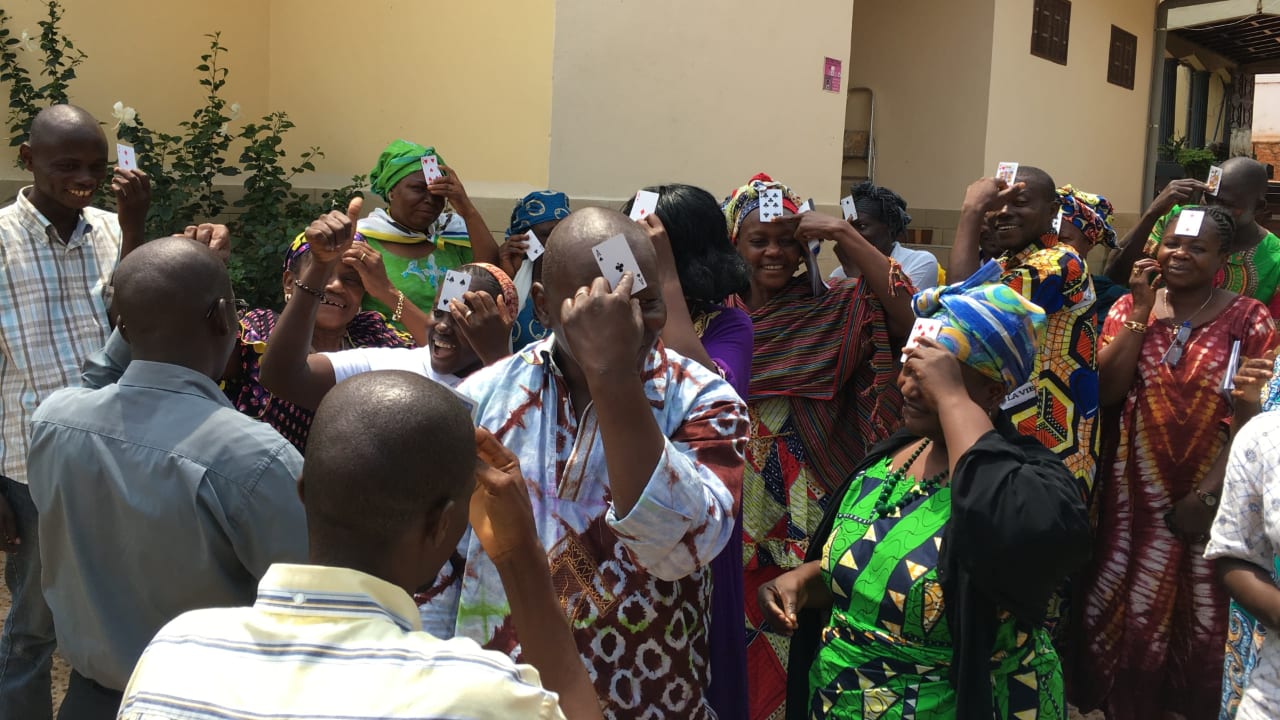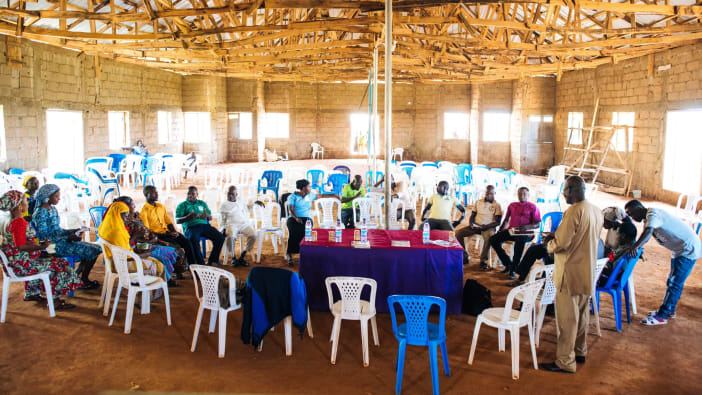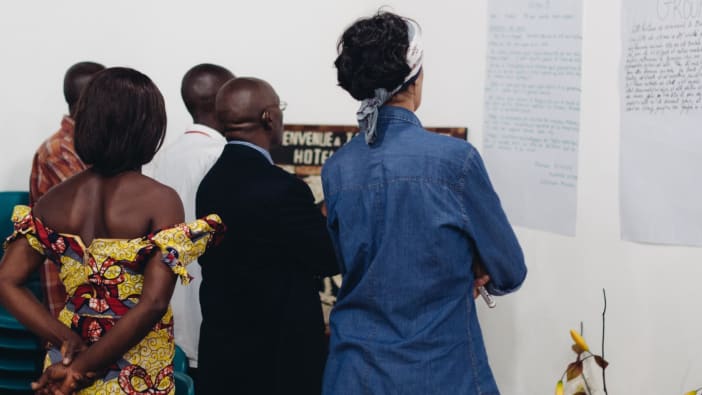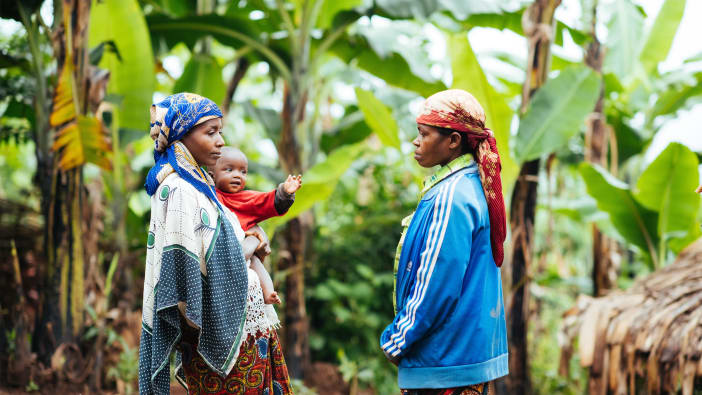Research reports
Transforming Masculinities: A qualitative research summary
Examines social norms around gender and attitudes towards sexual and gender-based violence
2018 Available in English

Gender Champions training in Bangui, Central African Republic, 2016. Photo: Prabu Deepan/Tearfund

From: Changing gender norms: Transforming Masculinities
Transforming Masculinities is Tearfund’s evidence-based intervention to end sexual and gender-based violence and promote gender-equal societies
Download resource
Similarly Tagged Content
Share this resource
If you found this resource useful, please share it with others so they can benefit too.

Get our email updates
Be the first to hear about our latest learning and resources
Sign up now - Get our email updates





